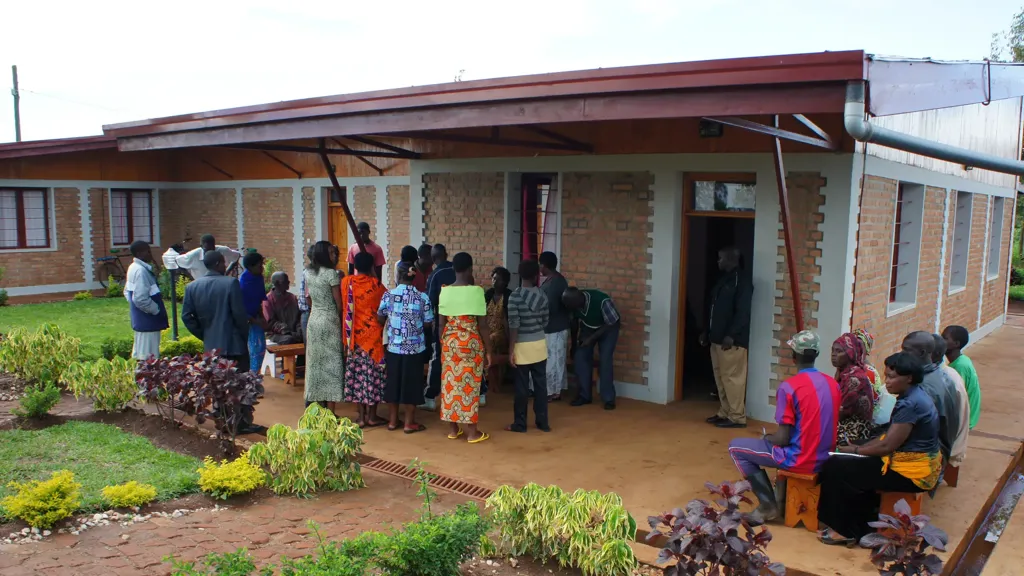Over 30 countries across the globe have demonstrated that it is possible to decarbonise while growing national income, including the United Kingdom (UK). This would be helpful for Malaysia to adopt to help achieve its target to reduce carbon intensity against GDP by 45 per cent by 2030 and to achieve average 4.7 per cent real GDP growth per annum at constant prices through to 2030.
Over the last five years, the UK Foreign, Commonwealth and Development Office (FCDO) has been working with the Malaysian public and private sector to help accelerate climate action in the country. To build on these collaborative initiatives, FCDO and the Department for Business and Trade commissioned our team to develop the Clean Growth Handbook Malaysia.
identifies almost 40 collaboration opportunities between Malaysia and the UK across four priority sectors chosen based on their contribution to greenhouse gas emissions: power, transport, buildings and manufacturing. Using insights from our global Green Economy Report, the handbook also identifies nine enablers for clean growth.
Stakeholder ecosystem supports Malaysia’s clean growth
Clean growth in Malaysia requires an ecosystem of stakeholders both within and outside of Malaysia to collaborate. We engaged 46 stakeholders in Malaysia and the UK to understand Malaysia’s existing clean growth market and gain insights.
Key collaboration opportunities include commercialising battery energy storage to support renewable energy, developing an integrated transport plan to support the uptake of public and active transport, and adopting low-carbon construction materials to reduce the whole life carbon of buildings and developing industrial carbon capture.
Using these insights, the handbook provides Malaysia and the potential collaborators from the UK with awareness of the opportunities for clean growth and insights into future trends, strategies and regulatory considerations.






